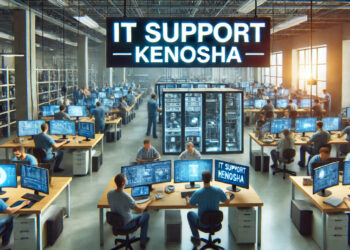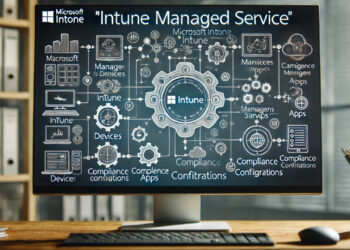In the rapidly evolving landscape of the modern world, technology has become an integral part of our lives. From the moment we wake up to the time we go to bed, we are surrounded by technological innovations that shape our interactions, decisions, and even our imagination. As we embrace the conveniences and advancements that technology brings, it becomes crucial to critically assess the trade-offs that accompany these innovations.
The Marvel of Innovation
Innovation has driven humanity’s progress for centuries, and the 21st century is no exception. From the proliferation of smartphones that connect us across continents to the development of life-saving medical technologies, innovation has led to unprecedented improvements in our quality of life. These technological marvels have revolutionized industries, making tasks more efficient, communication instantaneous, and access to information limitless.
The Convenience Conundrum
Amid the marvels of technology, convenience has emerged as a double-edged sword. The convenience of online shopping and digital payment systems has undeniably streamlined transactions, but it has also raised concerns about consumer privacy and the power of tech giants to influence our choices. Moreover, the instant gratification that technology provides can diminish our patience and ability to persevere through challenges, fostering a culture of instant results. Humble HAC is an online portal through which parents can gain access to their student’s academic records. Parents can view the academic performance of their children.
Connection in the Digital Age
Technology has woven a web of connectivity that transcends geographical boundaries. Social media platforms, video conferencing, and messaging apps have redefined how we connect with others. Families separated by oceans can now share moments in real time, and businesses can collaborate seamlessly across continents. However, the digital realm can sometimes overshadow face-to-face interactions, leading to feelings of isolation, cyberbullying, and the challenge of distinguishing genuine relationships from virtual ones.
Unleashing Creativity and Imagination
Imagination is the cornerstone of human progress, and technology has amplified our creative capacities. Through digital art, virtual reality experiences, and AI-assisted design, we can bring our wildest ideas to life. The entertainment industry has embraced technology to deliver immersive experiences through interactive storytelling and mind-bending visual effects. Yet, the very tools that enhance creativity can also stifle it, as reliance on templates and algorithms may limit the originality of human expression.
Environmental Impact and Sustainability
The pursuit of technological advancement often exacts a toll on the environment. The production of electronic devices consumes valuable resources and generates electronic waste, contributing to pollution and resource depletion. However, technology also holds the promise of sustainability. Renewable energy technologies, smart grids, and efficient transportation systems have the potential to mitigate the ecological footprint of human activities, demonstrating the power of innovation to heal the planet.
Balancing Privacy and Progress
As technology becomes more integrated into our daily routines, concerns about data privacy and surveillance intensify. Our digital footprint, comprised of personal information and online behaviors, is constantly being collected and analyzed. While this data fuels personalized services and targeted advertising, it also raises ethical questions about consent, control, and the potential for misuse. Striking a balance between technological progress and individual privacy rights remains a formidable challenge. Hiidude is a site that will help you download HD web-series and movies in lightning-fast speed. The website provides Telugu language content, as well as old streams and shows.
Education and Access: Bridging the Digital Divide
The benefits of technology are not equally distributed, as the digital divide persists. While some enjoy high-speed internet and access to cutting-edge educational resources, others lack even basic connectivity. This disparity exacerbates existing social and economic inequalities, limiting opportunities for marginalized communities. Closing the digital divide requires not only technological solutions but also a commitment to providing equal access to information and education for all.
Charting an Ethical Course
Navigating the intricate landscape of technology’s trade-offs demands ethical considerations. As we celebrate innovation, we must also recognize its limitations and potential negative consequences. It falls upon governments, businesses, and individuals to establish guidelines that prioritize human well-being, environmental sustainability, and the preservation of our essential values.
In Conclusion
From innovations that reshape industries to the far-reaching consequences of connectivity, technology is a force that can both empower and challenge us. By acknowledging the trade-offs inherent in technological progress, we can make informed decisions that steer us towards a future where innovation and imagination harmoniously coexist. The road ahead requires thoughtful reflection, responsible innovation, and a collective commitment to harness the power of technology for the greater good.





